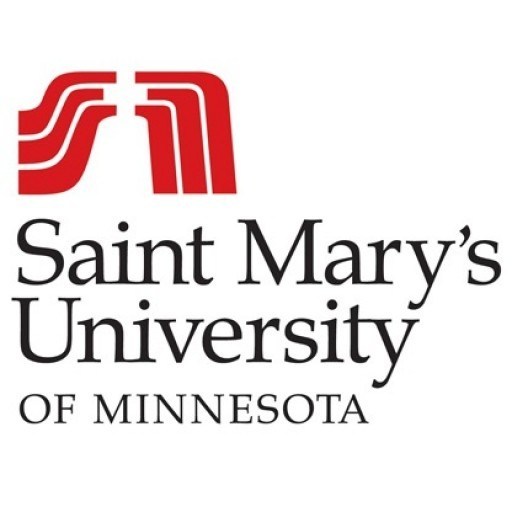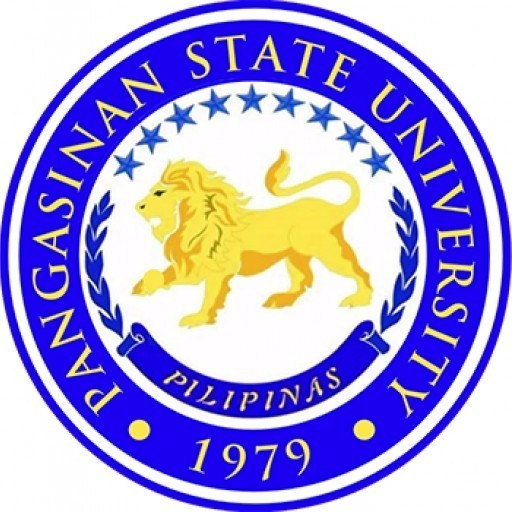The Bachelor of Science in Physics at Saint Mary's University offers students a comprehensive foundation in the fundamental principles governing the natural universe. This program is designed to cultivate a deep understanding of physical laws through rigorous coursework, laboratory experiments, and research opportunities. Students will explore core topics such as classical mechanics, electromagnetism, thermodynamics, quantum physics, and modern physics, gaining both theoretical knowledge and practical skills essential for scientific inquiry and problem-solving.
Throughout the program, students are encouraged to develop strong analytical and mathematical skills, which are vital for interpreting experimental data and creating models of physical phenomena. The curriculum also emphasizes the importance of scientific communication, preparing students to articulate complex concepts clearly and effectively. In addition to core physics courses, students have the opportunity to take electives in related fields such as astronomy, materials science, and computational physics, allowing for interdisciplinary learning and specialization.
The program includes applied components through laboratory sessions and research projects, enabling students to gain hands-on experience with advanced scientific instruments and techniques. This practical approach aims to prepare graduates for careers in academia, industry, or government agencies, where analytical thinking and technical proficiency are highly valued. Additionally, students can pursue internships and cooperative education placements that offer real-world experience and networking opportunities within the scientific community.
Saint Mary's University supports student-centered learning by providing access to state-of-the-art laboratories, experienced faculty members, and academic advising. The university's vibrant physics community fosters collaboration and innovation, encouraging students to participate in research conferences, publications, and student-led projects. Graduates of the Physics program are well-equipped with the knowledge and skills necessary for advanced studies or professional roles in research, engineering, data analysis, and technological development.
Overall, the Bachelor of Science in Physics at Saint Mary's University offers a challenging and rewarding educational journey for those passionate about understanding the fundamental workings of the universe. It prepares students not only for immediate employment but also for lifelong learning and contribution to scientific progress.
The Bachelor of Science in Physics at Saint Mary's University offers a comprehensive and rigorous program designed to develop students' understanding of the fundamental principles of the physical universe. This program combines theoretical knowledge with practical laboratory skills, fostering critical thinking and analytical abilities essential for careers in research, education, engineering, and technological innovation. Throughout the coursework, students explore core topics such as classical mechanics, electromagnetism, thermodynamics, quantum physics, and modern physics. The curriculum emphasizes experimental techniques, data analysis, and computational methods, equipping students with the tools necessary to interpret complex physical phenomena. In addition to foundational courses, students have opportunities to specialize through electives in areas like astrophysics, condensed matter physics, or particle physics, allowing them to tailor their education to their interests and career goals. The program also encourages participation in research projects, internships, and seminars, providing real-world experience and fostering a deeper engagement with the scientific community. As part of their training, students develop strong problem-solving skills and learn to communicate complex scientific concepts effectively. The Physics program at Saint Mary's University is committed to academic excellence and prepares graduates for graduate studies or diverse professional pathways in science, technology, engineering, and beyond. With dedicated faculty members who are active researchers, students gain mentorship and insights into cutting-edge developments in the physical sciences. The program emphasizes not only theoretical understanding but also practical application, ensuring graduates are well-equipped to contribute to technological advancements and scientific discoveries. Whether students aim to pursue graduate studies or enter the workforce directly, the Physics program provides a solid foundation and the skills necessary to succeed in a variety of scientific and technical fields.
The Bachelor of Science in Physics at Saint Mary’s University requires students to complete a total of 120 credit hours to earn the degree. The program is designed to provide students with a solid foundation in fundamental physics concepts, experimental techniques, and mathematical methods. Students must first fulfill university general education requirements, which include courses in communication skills, humanities, social sciences, and quantitative reasoning. Specifically, students typically take introductory physics courses with laboratory components, covering classical mechanics, electromagnetism, thermodynamics, and modern physics. These foundational courses are complemented by mathematics courses such as calculus I, II, and III, differential equations, and linear algebra, which are essential for understanding and applying physical principles.
In addition to core coursework, students are encouraged to pursue advanced physics topics, including quantum mechanics, statistical mechanics, and computational physics, often offered in the upper undergraduate years. Laboratory and experimental courses are integral parts of the curriculum, providing hands-on experience with modern instrumentation, data analysis, and research methodologies. Capstone projects or senior theses may be required in the final year, allowing students to engage in independent research under faculty supervision.
Elective courses allow students to explore specialized areas such as astrophysics, condensed matter physics, nuclear physics, or applied physics, enabling a broader understanding of the discipline and preparation for graduate studies or careers in industry. A successful completion of the program also involves maintaining a minimum GPA stipulated by the department, often around 2.0 or higher on a 4.0 scale. The program aims to develop critical thinking, problem-solving skills, and scientific communication abilities, preparing graduates for diverse careers in education, research, technology, and related fields.
The Physics undergraduate program at Saint Mary's University offers a variety of financing options to support students throughout their studies. Tuition fees for Canadian residents are competitive and are designed to be accessible to a broad range of students, with detailed information available through the university's admissions office. International students are subject to different fee structures, which are also clearly outlined on the university's official website. To assist students in managing the financial burden, Saint Mary's University provides several scholarship opportunities, including merit-based scholarships awarded upon admission, as well as entrance awards for high-achieving applicants. Additionally, there are need-based bursaries aimed at students demonstrating financial need, which are awarded based on a thorough assessment of the student's financial situation.
Students are encouraged to explore external funding options such as government bursaries, provincial grants, and scholarships from private organizations, many of which can be stacked with university awards to substantially offset educational costs. The university also offers work-study programs that enable students to earn income while gaining valuable work experience relevant to their field of study. These positions are typically on-campus and flexible, allowing students to balance work and academic commitments effectively. Moreover, Saint Mary's University has partnerships with local businesses and research institutes, facilitating co-op placements and internships that provide stipends to participating students.
For students planning to finance their education through loans, detailed guidance is available regarding application procedures for federal and provincial student loan programs. The university's financial aid office provides personalized assistance to help students understand their options, complete necessary paperwork, and develop a manageable repayment plan post-graduation. In addition to financial aid, Saint Mary's University encourages students to explore part-time job opportunities both on and off campus, which can help mitigate expenses and provide practical experience in the field of physics.
Overall, the university is committed to making higher education accessible and affordable for all students by offering a comprehensive suite of financing options, including scholarships, bursaries, work opportunities, and loan guidance. Prospective and current students are advised to consult the official university website and speak with financial aid advisors to obtain the most current information and tailor their financial plans accordingly.
The Physics program at Saint Mary's University offers students a comprehensive education in the fundamental principles of physics, preparing graduates for a wide range of careers in science, research, education, and industry. The curriculum is designed to build a solid foundation in classical and modern physics, providing both theoretical understanding and practical laboratory skills. Students can expect courses in mechanics, electromagnetism, thermodynamics, quantum physics, and astrophysics, among others. The program emphasizes critical thinking, problem-solving, and quantitative analysis, equipping graduates with the skills necessary for advanced study or professional work.
Saint Mary's University’s Physics program often includes opportunities for undergraduate research, allowing students to engage in projects under faculty supervision, thus gaining valuable hands-on experience. The program also encourages participation in seminars, workshops, and physics-related events, fostering a vibrant academic community. Students may have access to modern laboratories and resources necessary for experimental investigations. The university’s strong ties with local research institutions and industries further enhance the practical relevance and employment prospects of graduates.
In addition to core physics courses, students often have options to select electives in related disciplines such as mathematics, computer science, or engineering, to broaden their skill set. The program is structured to support students aiming for careers in scientific research, teaching, or technology development, as well as those planning to continue their education at the graduate level. Saint Mary’s University values a supportive learning environment, small class sizes, and personalized advising, which help students succeed academically and professionally. Graduates of the Physics program at Saint Mary’s often find employment in sectors including research laboratories, educational institutions, aerospace, telecommunications, and energy industries. The program’s focus on scientific inquiry and technical competence ensures that students are well-prepared to contribute to advancements in physics and related fields.

